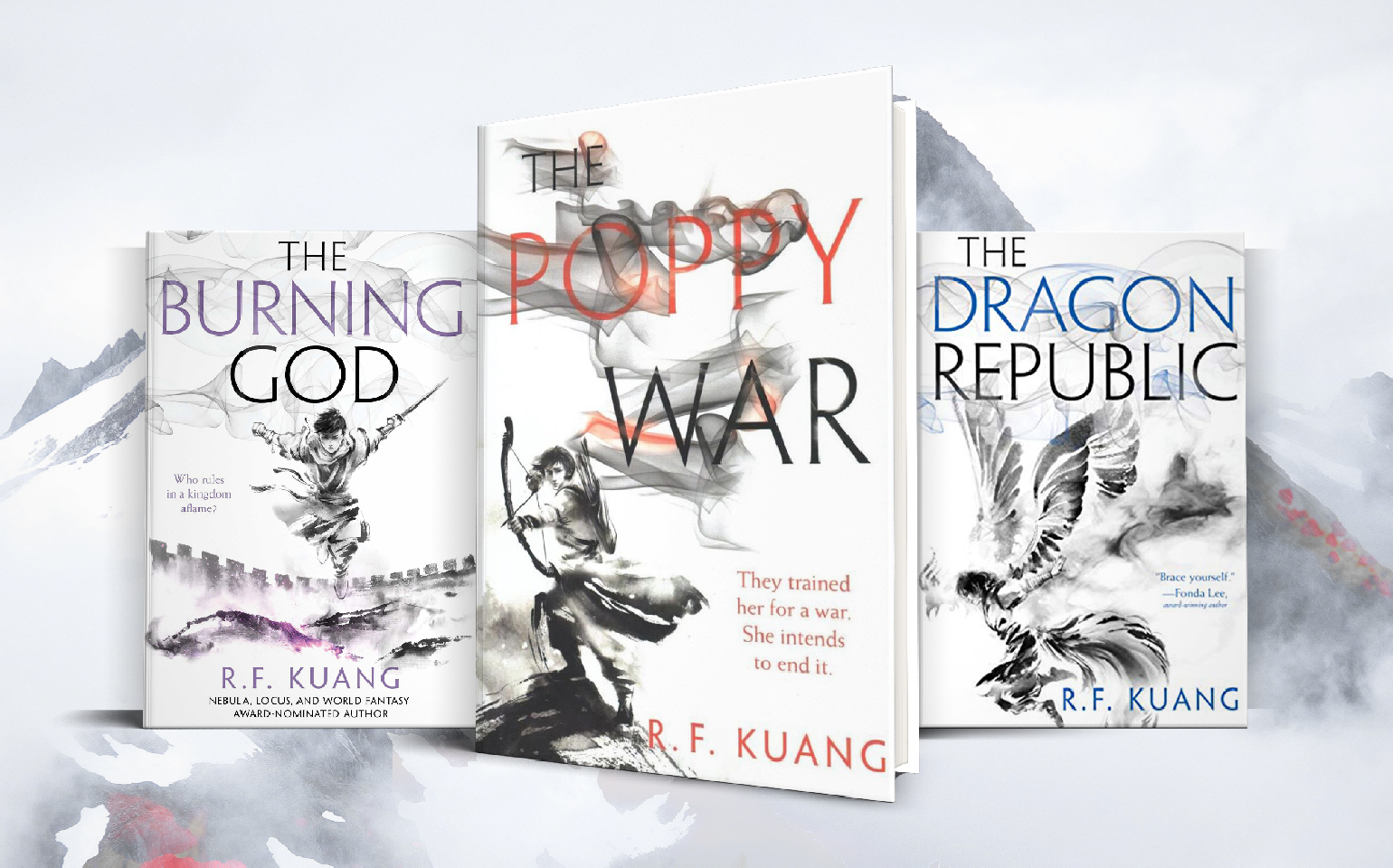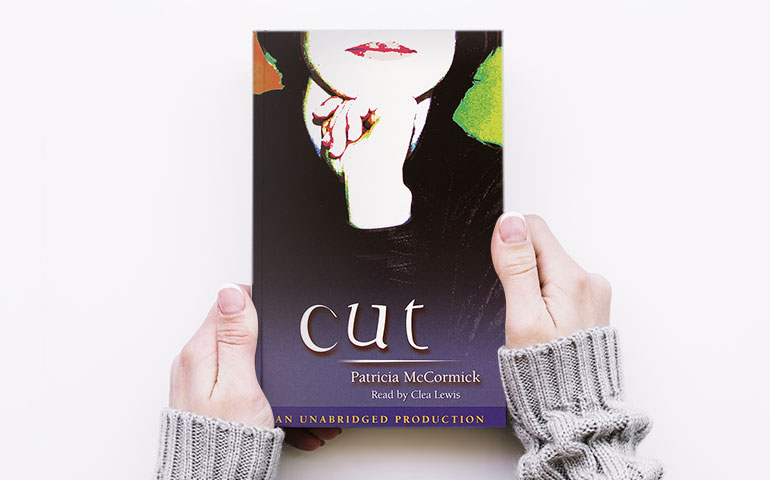
Starting Stories with a Bang (Figuratively)
“It was a bright cold day in April, and the clocks were striking thirteen.”
George Orwell’s 1984, has one of the most well-known and intriguing openings, a great example of what should be done in one’s writing. Already, the reader is drawn in and curious. The book’s first sentence is so outrageous that you are automatically questioning everything and frantically reading the next verses. So, the question is, how can your opening sentence achieve success like George Orwell’s? Here is the checklist I use when I write my stories:
1. Write your main point first
When writing your story, you obviously have an idea you are dying to get off your chest. Instead of stressing about the opening and writing in chronological order, I recommend briefly writing your main plot first. You can go back and edit or elaborate later. Working backwards to your opening can allow you to come up with an appropriate tone, mood, and setting to begin with. It also allows you to add foreshadowing or red herrings, making your major plot point even more intriguing. With this technique, you will have to be extra careful in case of any accidental spoilers or errors in time!
Your opening should not be completely forgotten when your reader gets to the next page. You want the reader to be done with the story, look back at the opening, and think “How did I miss that before?”
2. Avoiding the clichés
A cliché in literature is an overused plot point, character design, or phrase in a piece of writing. For example, in a romance story with a love triangle, authors tend to make the ending couple the first romantic interest in the book. The second love interest almost never wins, which makes love triangles often predictable and the ending couple a cliché (e.g. Lara and Peter from To All the Boys I’ve Loved Before, Edward and Bella in Twilight, and Hermione and Ron in Harry Potter.) Clichés in openings are the same, as many authors attempt to open the story with the element of surprise but end up falling into one of the main clichés. Here is a list of some opening clichés to avoid:
- A dream
The opening of your story should be throwing your reader right into the action, and using a dream takes that away as once the reader realizes it is merely a dream, they will be greatly disappointed. Annoying your reader is not good terms to begin a book on.
- The entire concept of your world building
Similar to avoiding descriptions, the concept of world building should be determined throughout your book. If The Hunger Games began with Katniss explaining the rules of the games and the district system, the reader loses all curiosity. Your opening is not an instruction manual, let your reader discover your world through a journey.
- A sudden noise
This type of opening is dead, hence the post title. You do not feel trepidation or shock as you have no connection with the character. Of course, a sudden noise is a great opening for when you are writing a children’s onomatopoeia book.
- An attempt at sounding deep or philosophical
Trying to sound deep and embellished does not make you seem smarter, only pretentious and a tiresome person to deal with. In addition, most of the attempts for “deep” quotes end up sounding silly and easily refutable. For example, in Richard Powers’ pseudo-autobiographical novel Galatea 2.2, he begins by stating: “It was like so, but wasn’t.” You do not need to be a pseudo-scientist to realize the phrase does not make sense and has no meaning.
3. Have multiple versions ready
Openings are terribly important to keeping readers, thus you should be prepared with a variety of options. Here is an example: If I were to write a story about a boy who loses his mother at a parade (very exciting, I know), I can choose one of the three ideas for openings that still stick to the plot:
- A distracted boy talks to a woman, but she remains strangely silent and seemingly does not hear him. After some time, the boy looks up and realizes she is not his mother.
- The mother tells the boy to wait for her beside the public restroom, but an hour later she still does not return for him.
- The boy is distracted by a parade float and forgets about his mother.
Out of these three, can you tell which one is most interesting?
Next, try a couple different styles of openings and pick the most attention-grabbing one. I shall demonstrate using the above scenario.
- Example 1: “Amid the bustling crowd, a boy tugs on the skirt of a woman, whose mind was clearly somewhere else.”
- Example 2: “People would think the cheerful little boy had gone mad had they not noticed the stone-cold woman he was trying so hard to talk to.”
These openings are all a work in progress, but all good hooks involve a lot of crafting and experimenting.
If you truly cannot write a good opening, there is an opportunity for you, too. The Bulwer Lytton Fiction Contest (aka the infamous writer who wrote the opening “It was a dark and stormy night…”) is an annual contest for the worst opening sentences one can produce. You can enter seriously, or just read the entries for fun and know what not to do.
At the end of the day, writing is all about self-expression, so have fun with it!
Find more examples of good openings and strategies here: https://thejohnfox.com/2017/03/30-superb-first-paragraphs-can-teach-writers/
Find more points to avoid in your openings here: https://thejohnfox.com/2016/11/how-to-start-a-novel/
Link to the Bulwer Lytton Fiction Contest: https://www.bulwer-lytton.com/



